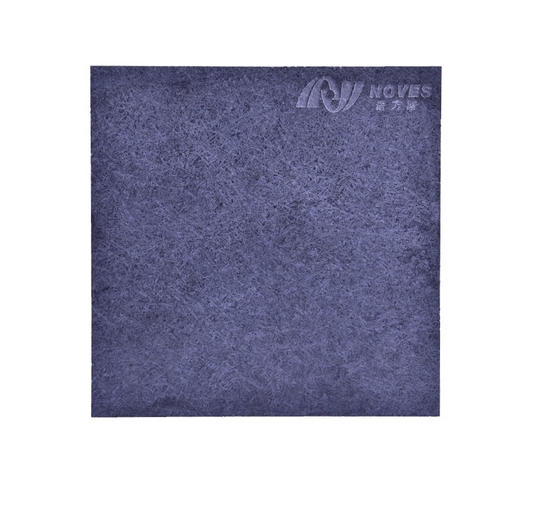Thermal resistance grade of composite stone for insulation materials
发布时间:
2024-12-18 10:44
来源:
Synthetic stone is a composite material made of glass fiber, high-temperature resistant resin, and nano reinforcement materials. It is produced through CNC precision machining into electronic components for automatic insertion, manual insertion, wave soldering, reflow soldering, solder paste screen printing, SMT surface mounting, and online testing fixtures. It maintains its flatness in a continuous high temperature environment of 280-315 ℃, and its low thermal conductivity can prevent substrate thermal shrinkage. This material has high temperature resistance and strong corrosion resistance, with a service life of 8000-10000 times.

Heat resistance level of insulation materials
Y level: The maximum allowable working temperature is 90 ℃. Common materials such as untreated cotton yarn, silk, paper and other organic fiber materials are generally used in situations where insulation performance is not high and working temperature is low.
Grade A: The maximum allowable working temperature is 105 ℃. For example, organic fiber materials such as cotton yarn, silk, and paper that have undergone impregnation treatment have slightly higher heat resistance than Y-grade materials and are widely used in insulation structures of general motors and electrical appliances.
Grade E: The maximum allowable working temperature is 120 ℃. It mainly includes materials such as polyester film and green shell paper, which have good electrical and mechanical properties and are suitable for small motors and appliances that require high heat resistance.
B-level: The maximum allowable working temperature is 130 ℃. Insulation materials made from mica tape, glass fiber cloth, and other basic materials, bonded or impregnated with adhesives such as silicone resin, belong to this category and are commonly used for insulation of medium-sized high-voltage motors and other equipment.
F level: The maximum allowable working temperature is 155 ℃. Made from materials such as mica and glass fiber and synthetic resins with better heat resistance, such as polyimide film, it can be used in motors and electrical appliances that require high insulation and heat resistance performance.
H-level: The maximum allowable working temperature is 180 ℃. Mainly using materials with excellent heat resistance such as silicone rubber and mica products, suitable for motors and electrical appliances working in high-temperature environments, such as special equipment in aerospace, metallurgy and other fields.
Grade C: The maximum allowable working temperature is above 180 ℃. This type of material includes inorganic insulation materials such as ceramics and glass, as well as special organic materials such as polytetrafluoroethylene, which have extremely high heat resistance and stability and are used in special insulation applications under extreme high temperature conditions.
相关新闻
湖南诺方斯新材料是诺方斯集团子公司,聚焦半导体电子领域合成石,有 NOVES301/302/303 系列产品,获多项资质,合作多家上市公司。在东莞、苏州设仓库,提供快速响应与定制服务,助力半导体供应链升级。
 中文版
中文版  英文版
英文版 

